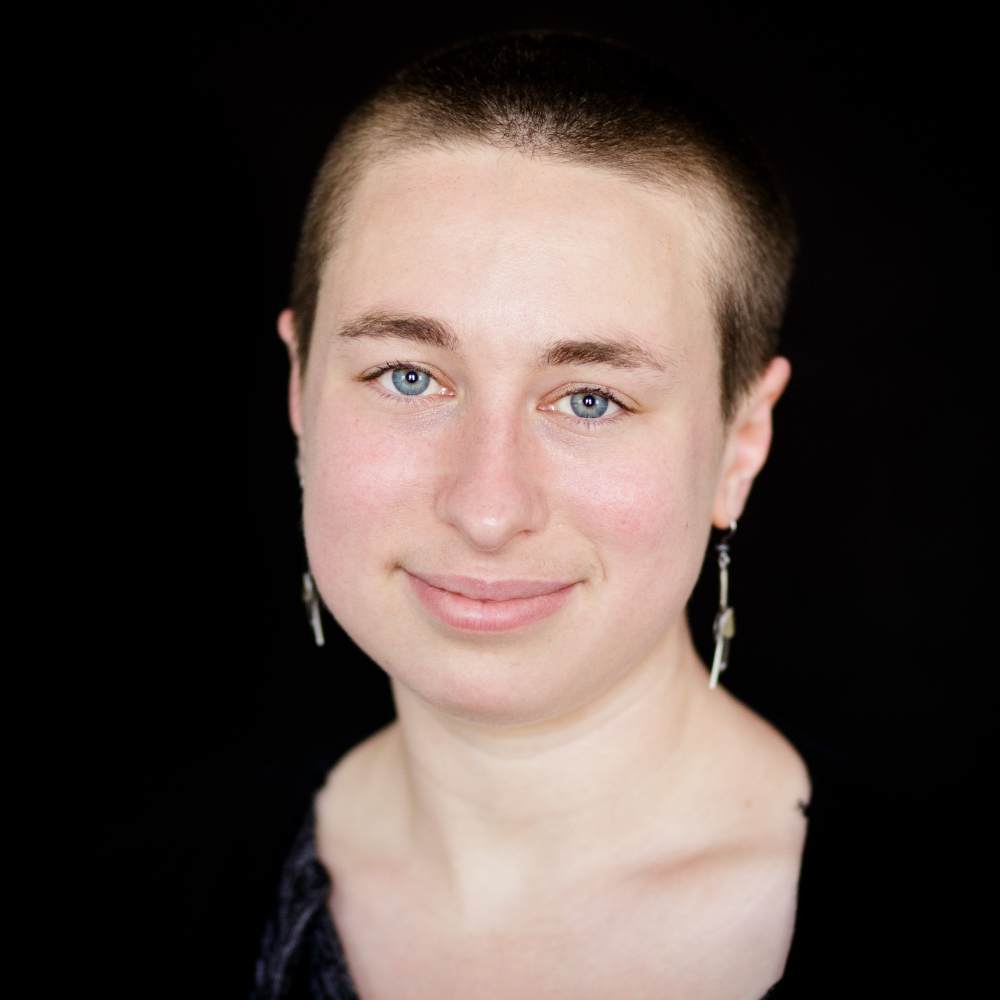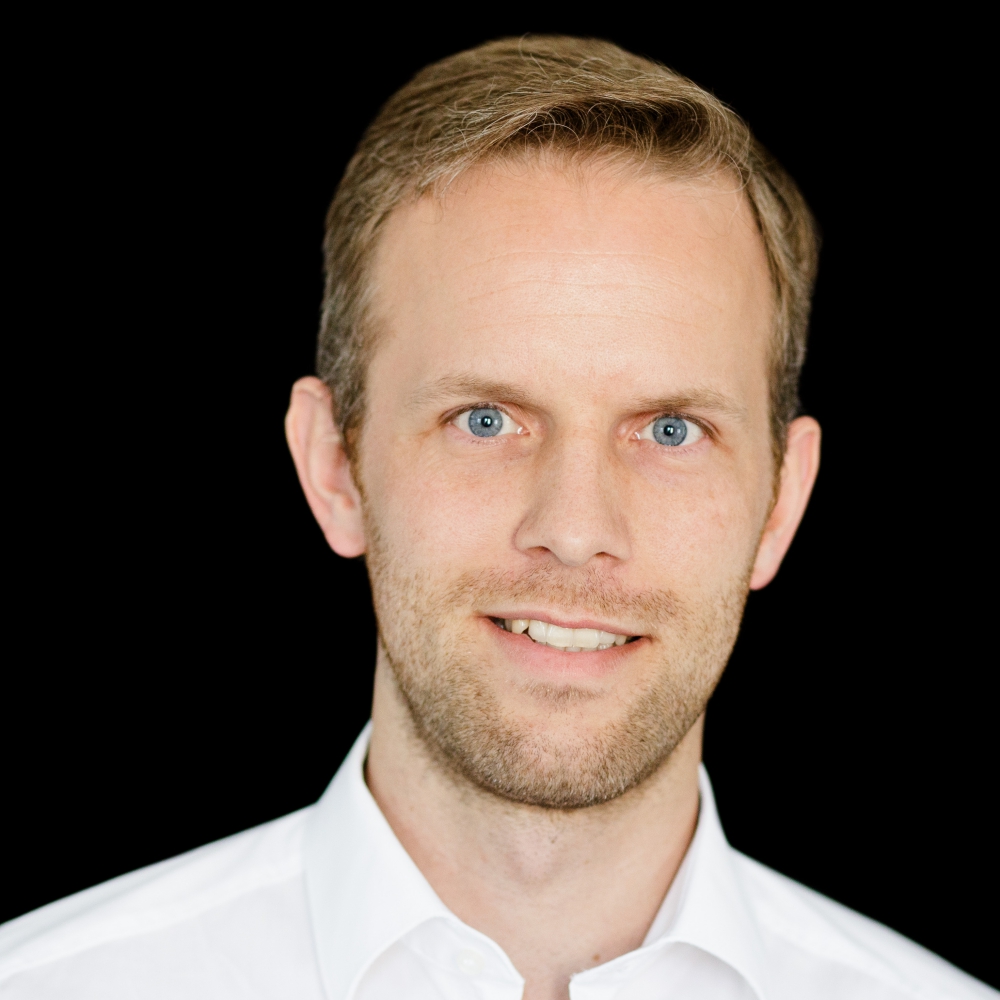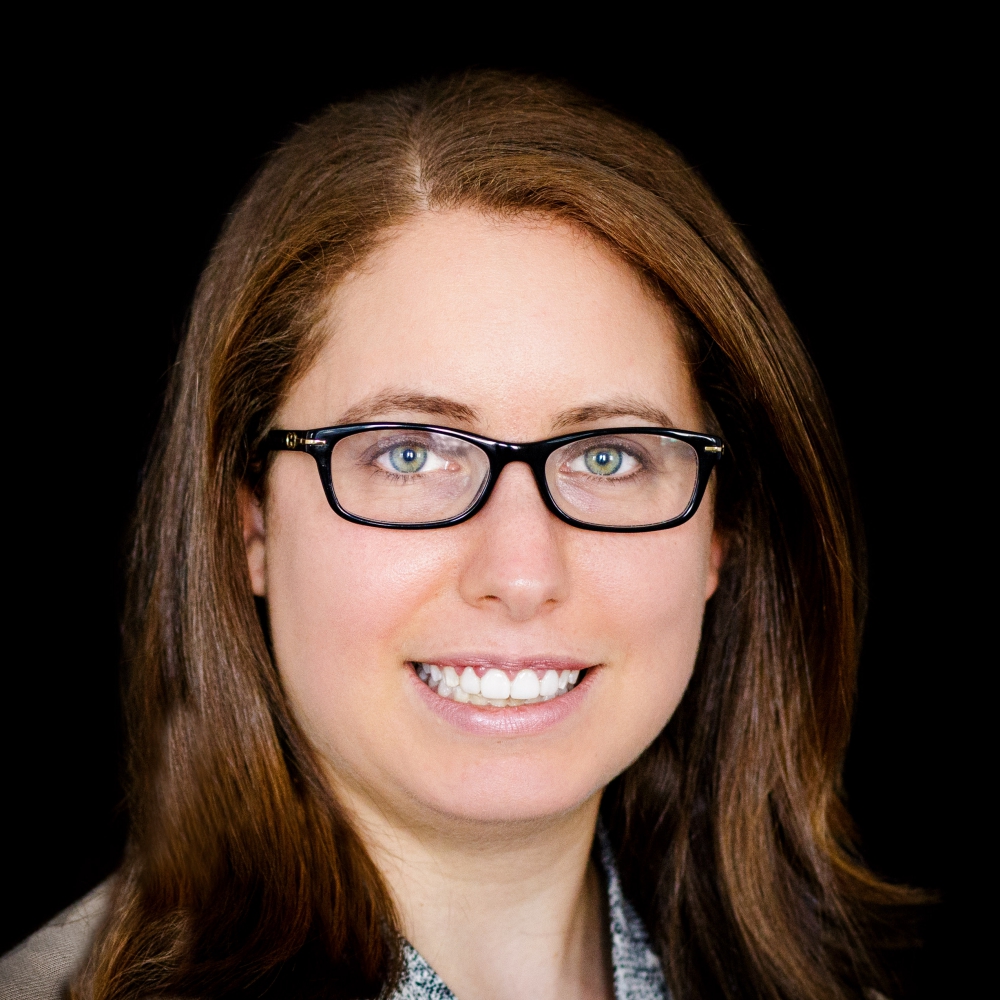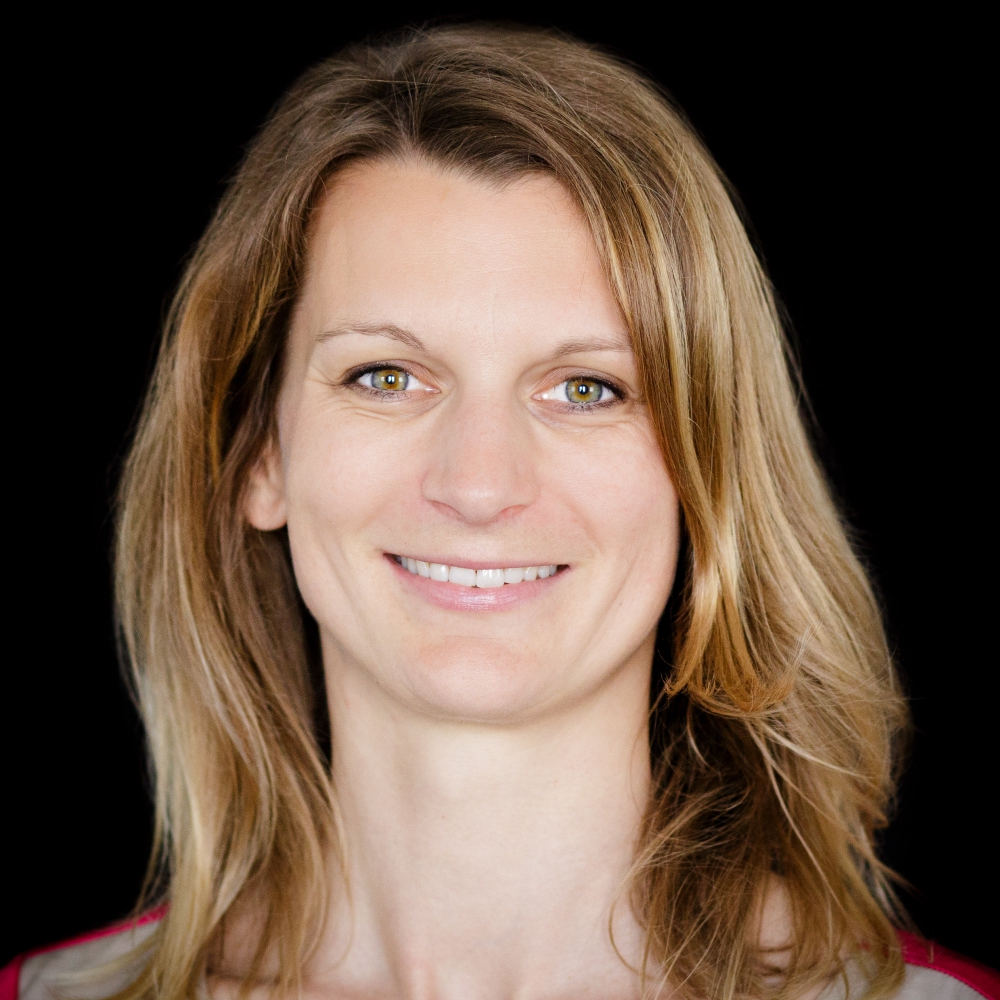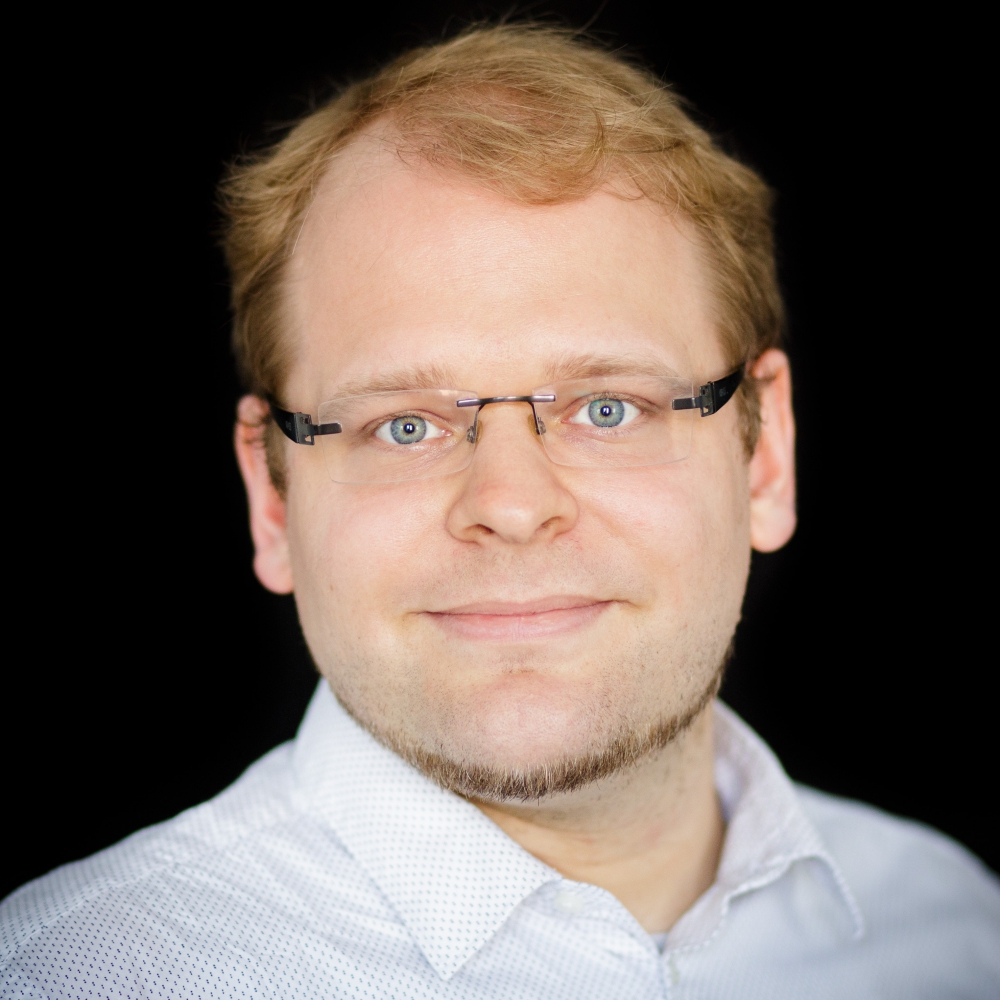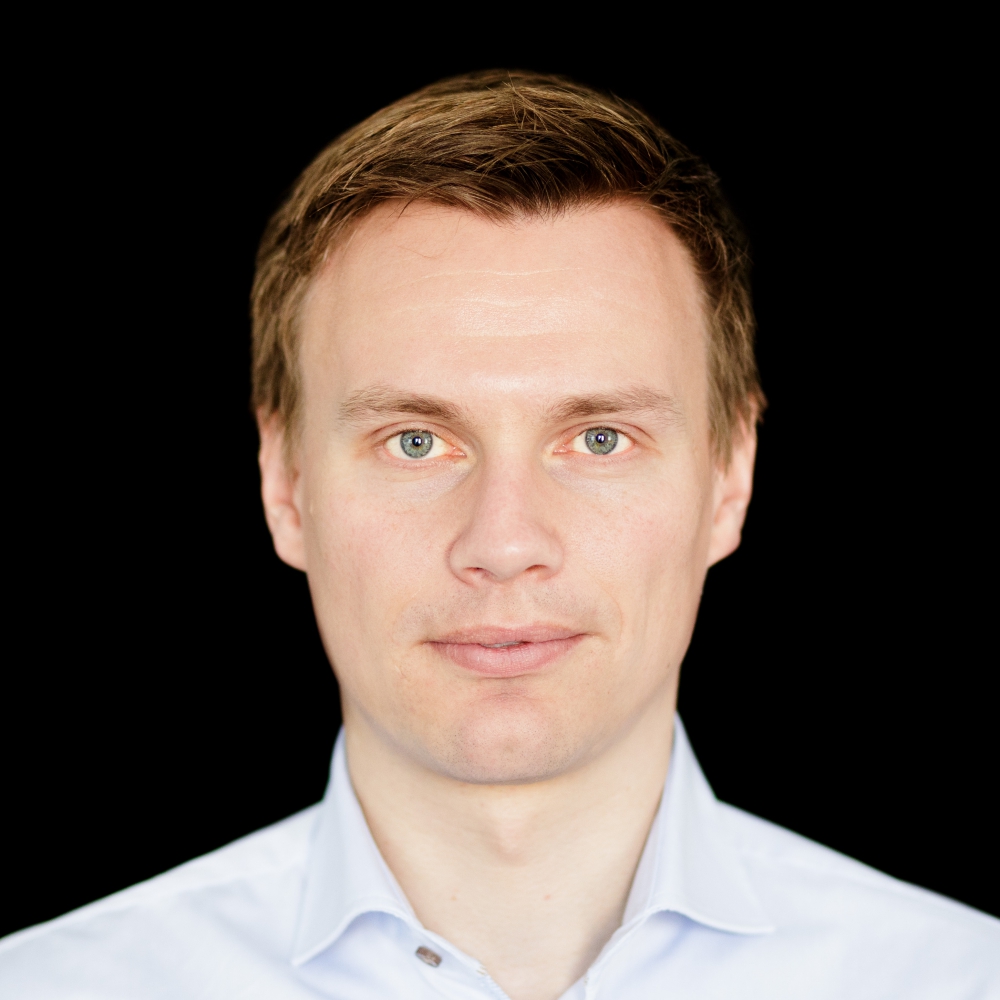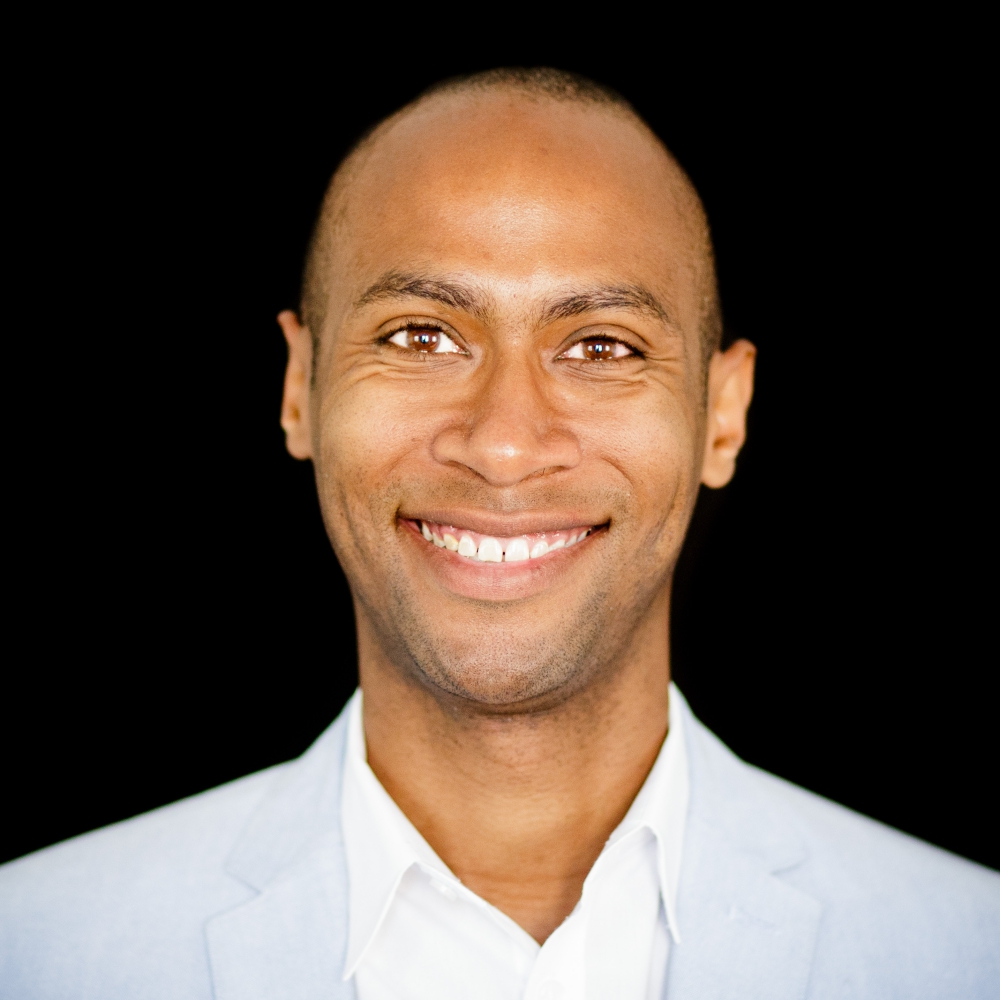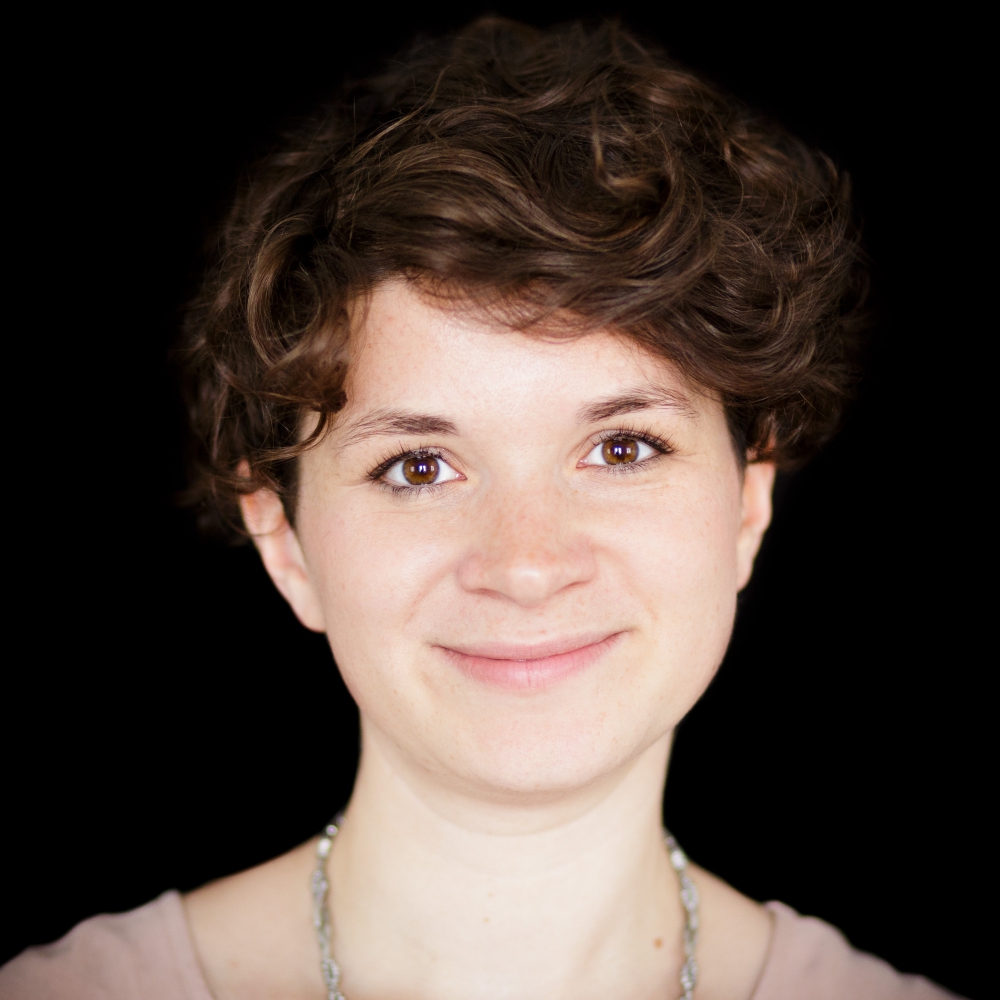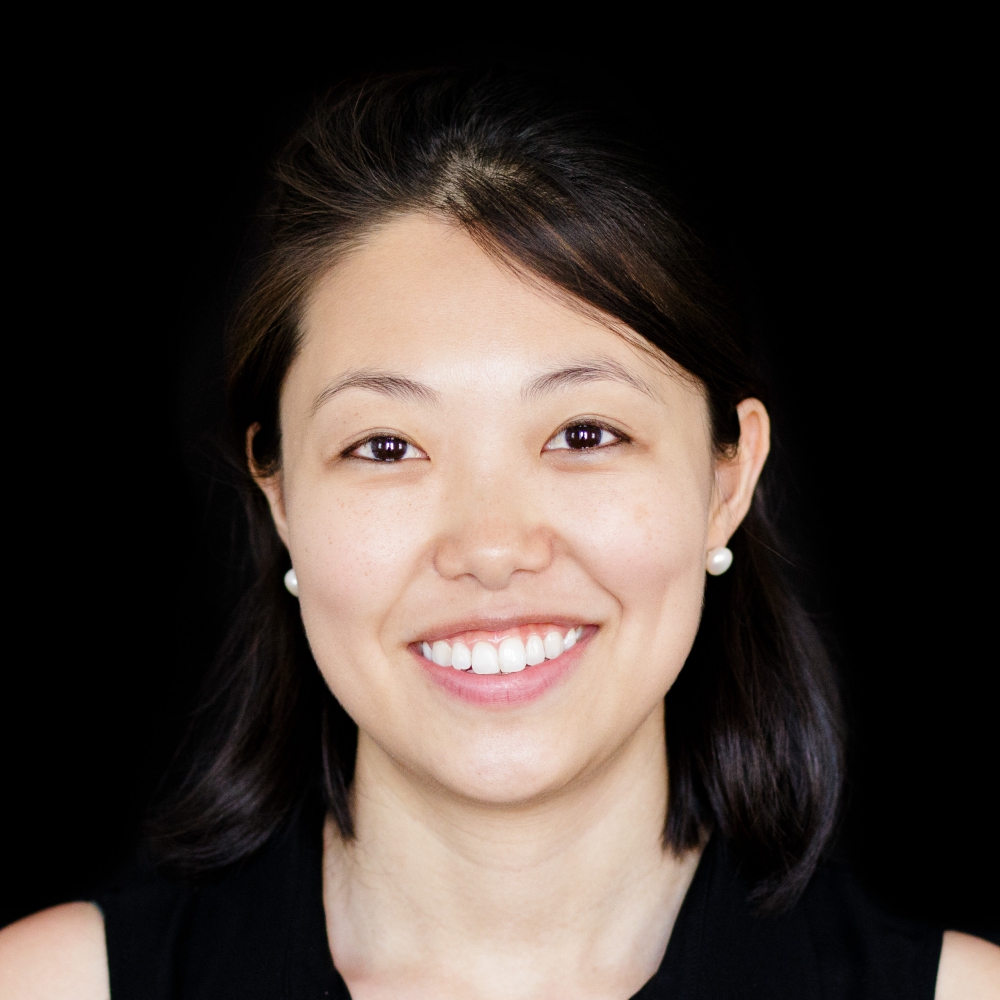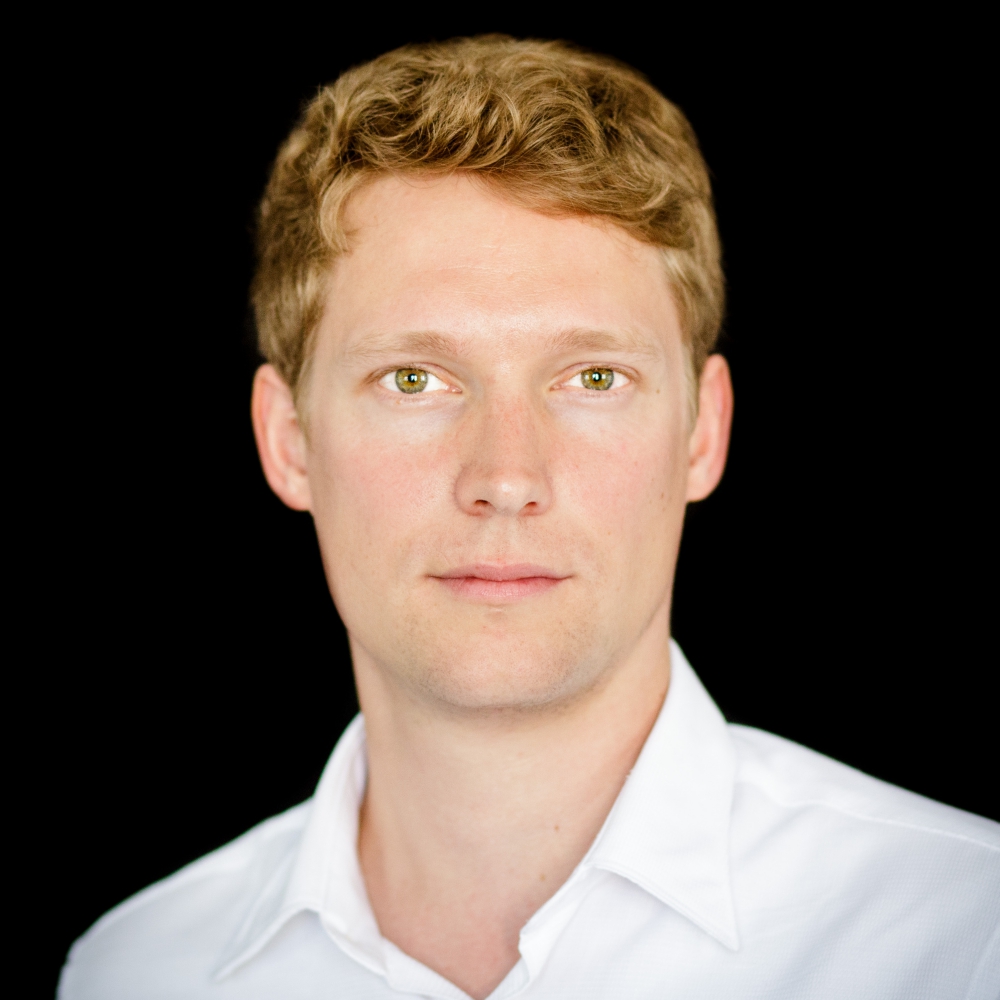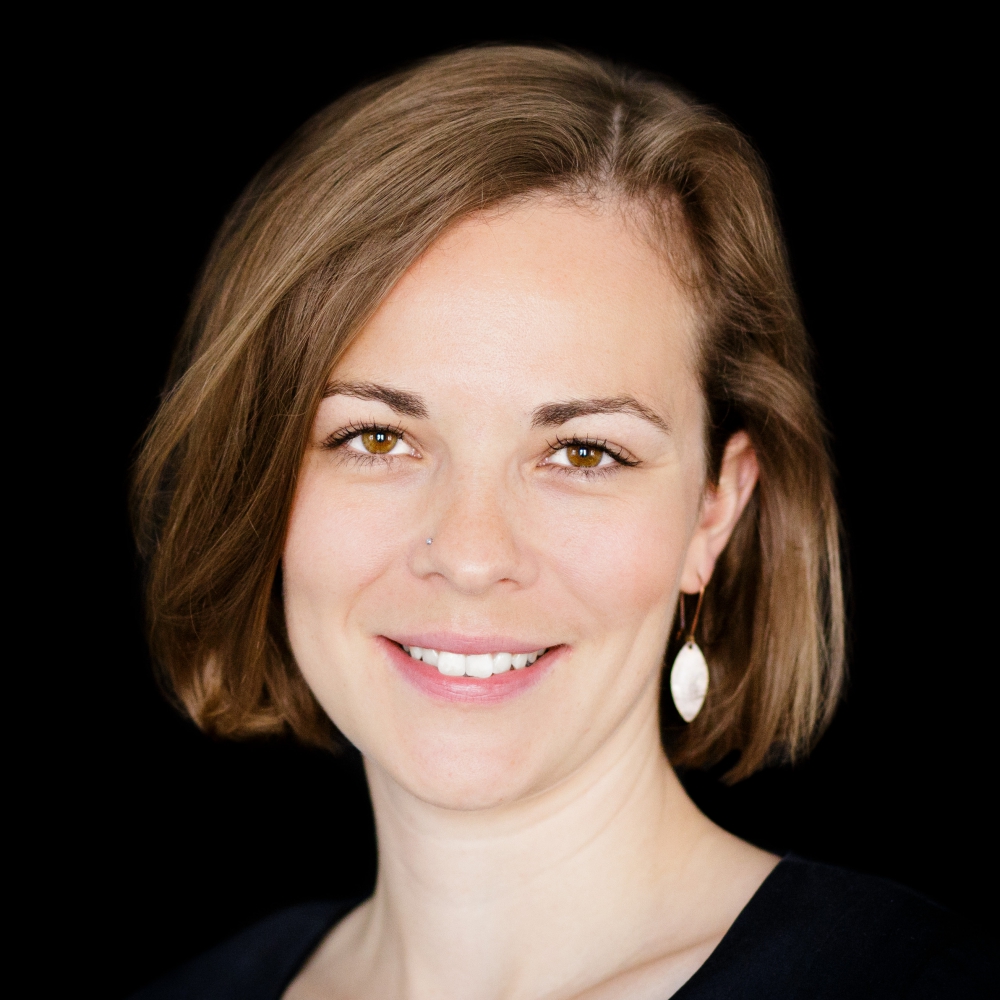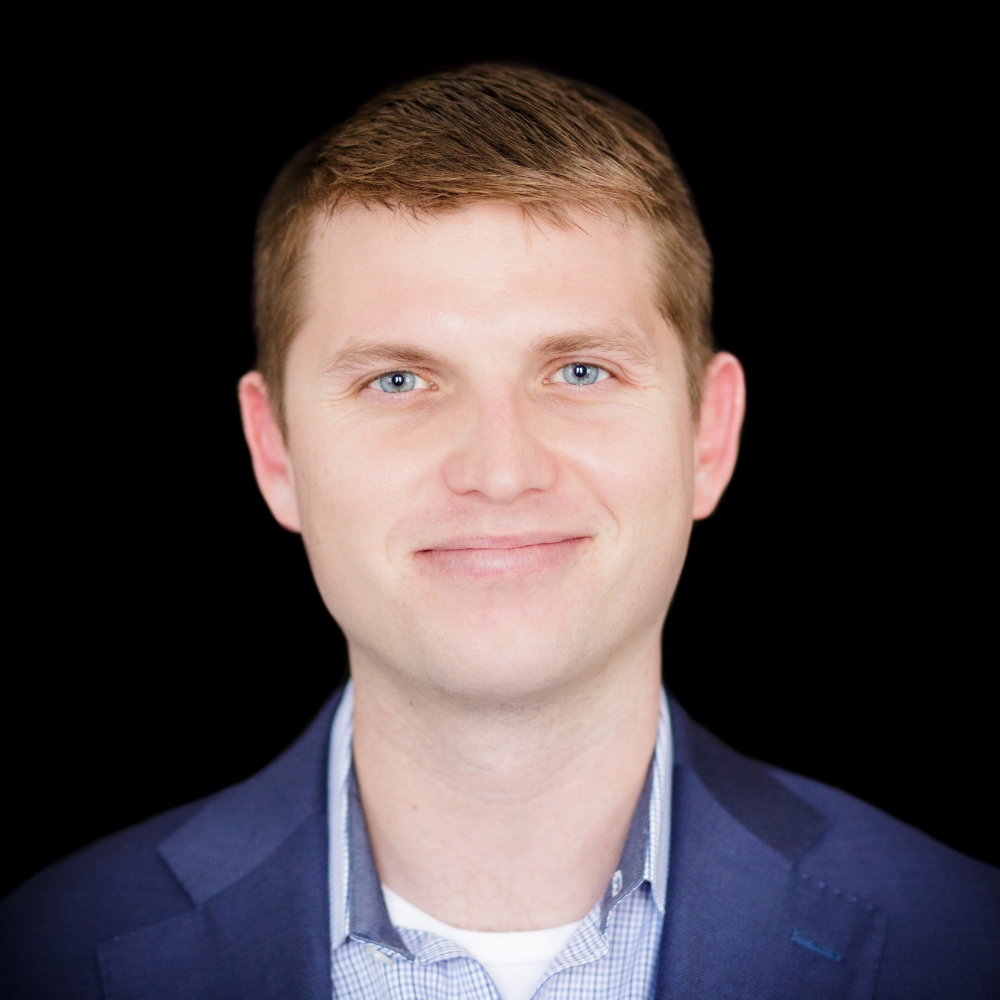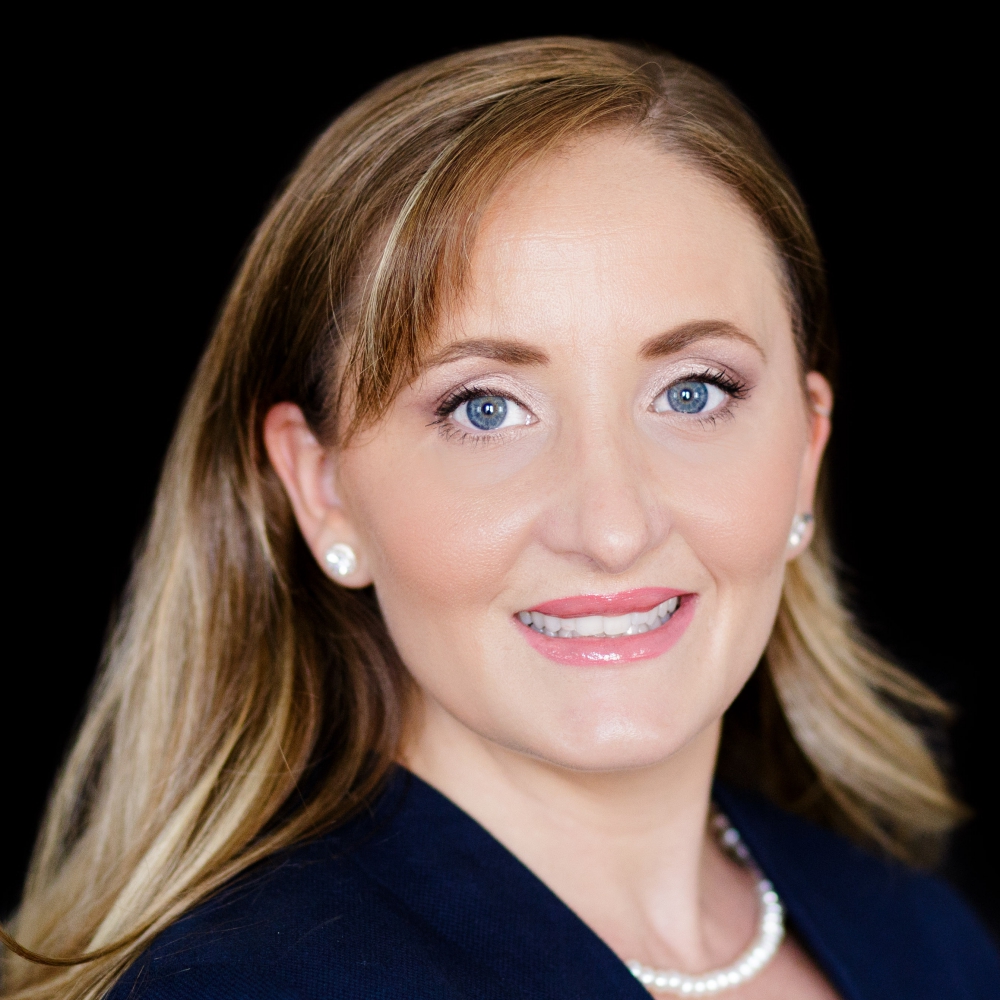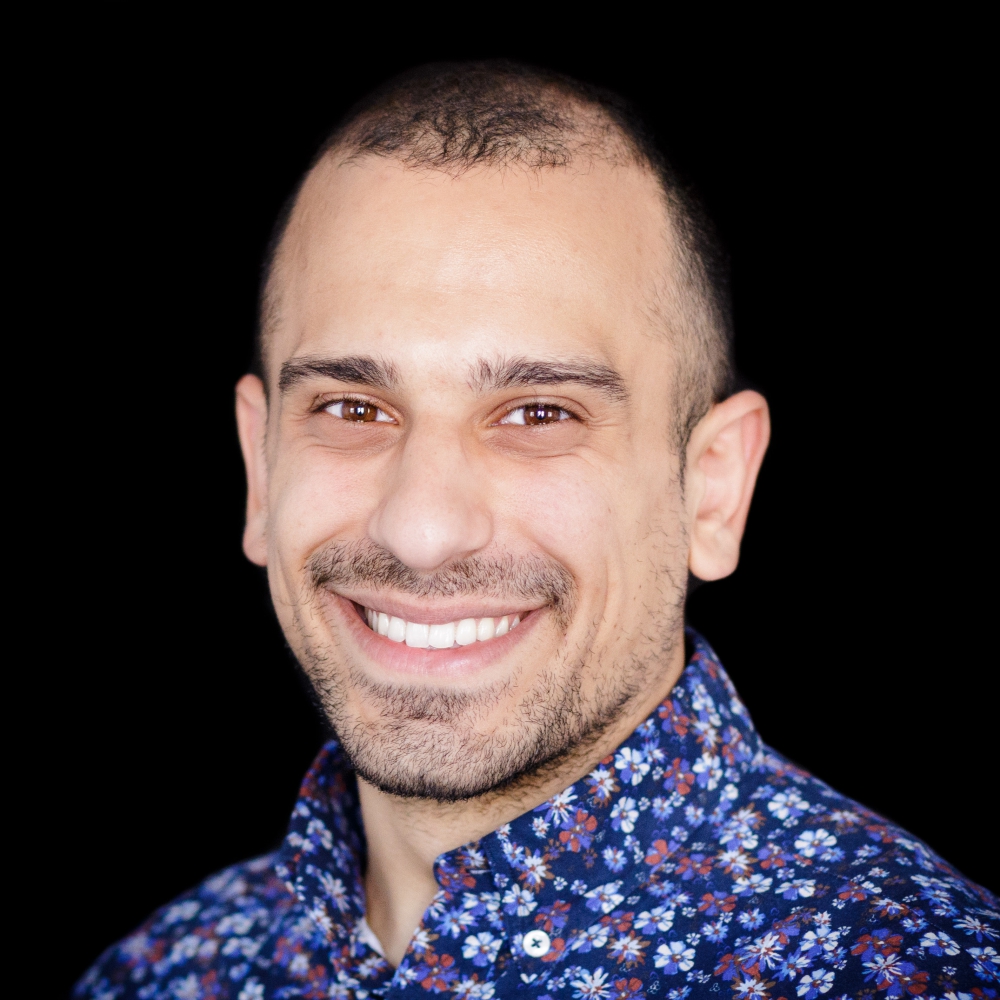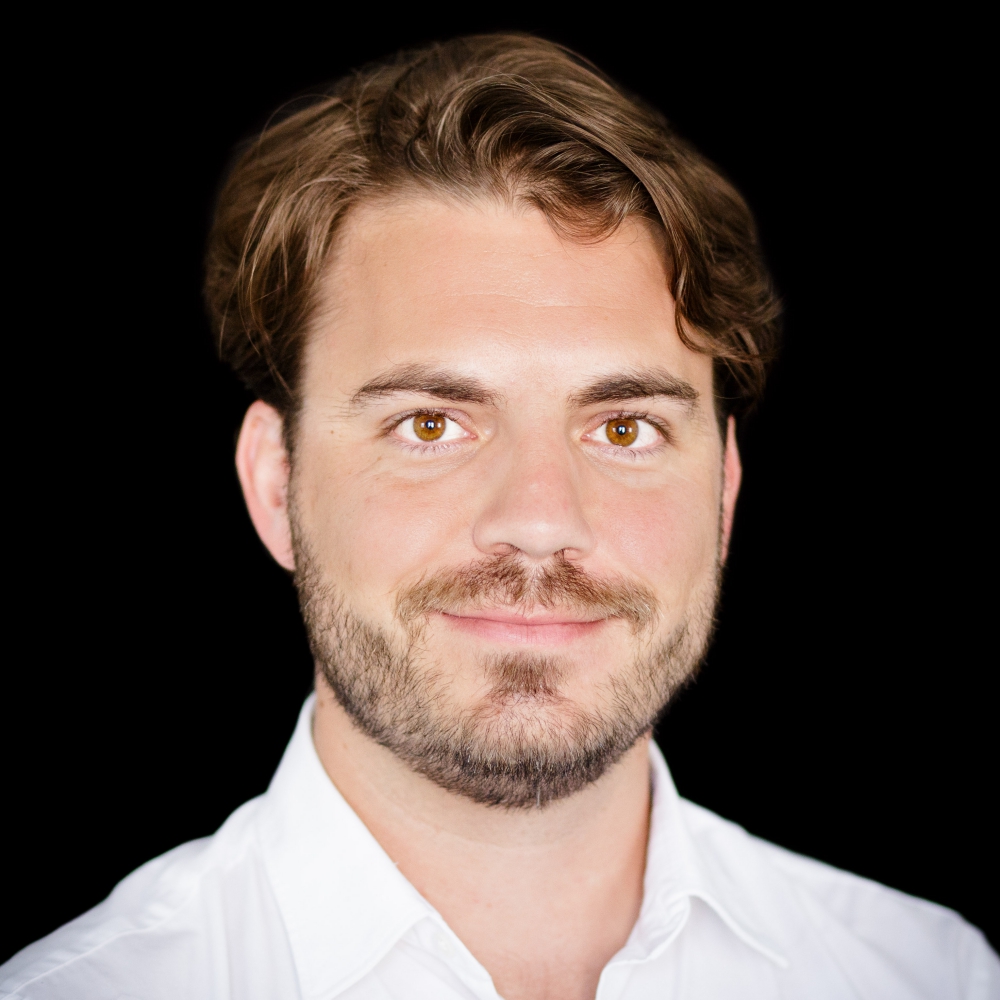2017 Fellows
The TDD 2017 fellows came together for two dialogue sessions in Germany (May 29–June 2, 2017) and the US (November 4–11, 2017) to debate the challenges that arise from the digital transformation of our societies. TDD 2017 is the second cohort of the Transatlantic Digital Debates. Learn about the first cohort.
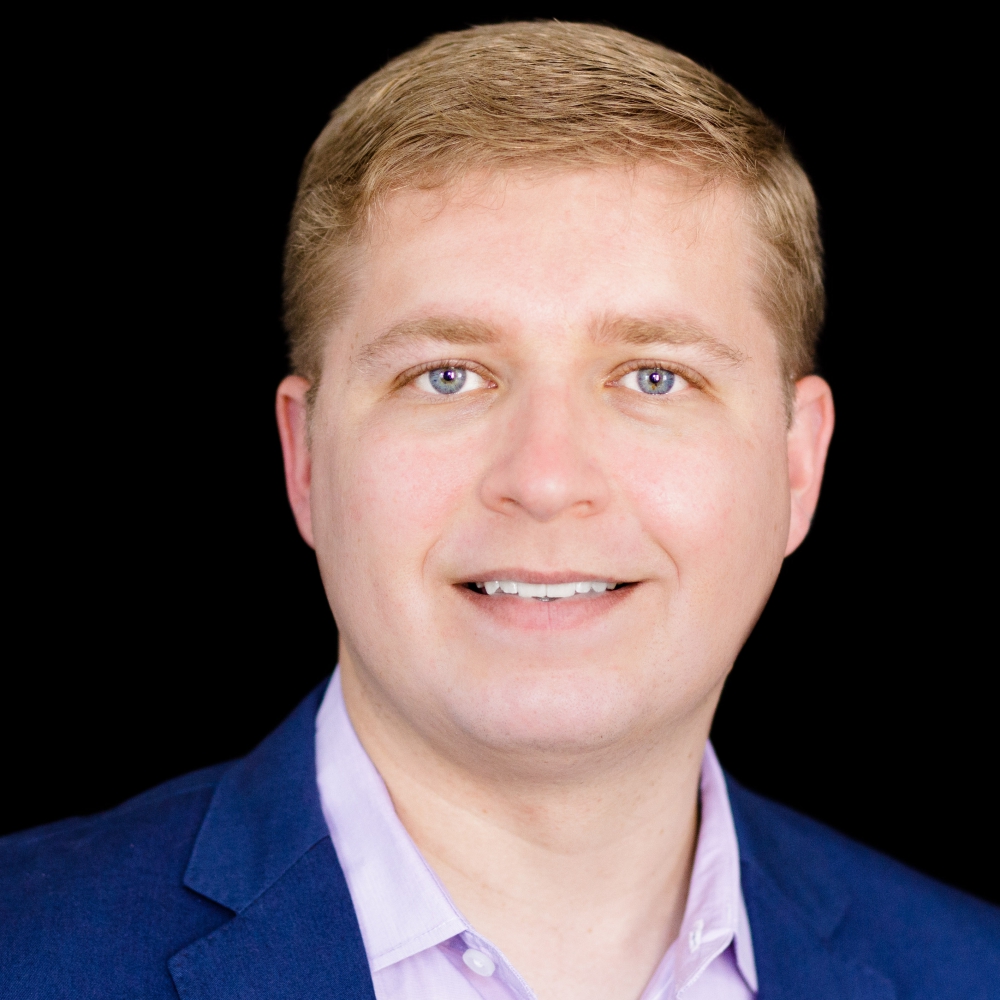
Joshua A. Kroll
Postdoctoral Research Scholar, School of Information, University of California at Berkeley
Samuel Rothenpieler
International Relations Advisor, German Federal Office for Information Security (BSI)
2017 Berlin & Hamburg Session
The second round of the Transatlantic Digital Debates launched with a week-long session that included meetings with variety of experts, internal workshops, and cultural activities. From May 29 to June 2, the 18 TDD 2017 fellows met in Berlin and Hamburg for discussions on cybersecurity, innovation, and the digital economy.
Please find the full agenda of the session here.

During the week, TDD fellows met with a experts from different sectors. Here, The Nunatak Group’s Robert Jacobi gave an introduction to challenges that arise for the private sector thanks to increasing digitization. He then led the group through a workshop and different case studies. Learn more about the experts in our agenda.

Based on Robert Jacobi’s input, the fellows worked in small groups to put together solutions for businesses seeking to gain traction in the digital economy. Building on a hypothetical business model, Laura Krause presents her group’s ideas for personalizing car sharing.

Throughout the week, the fellows not only met with external experts. They engaged each other in small small breakout sessions, for example to discuss Germany’s new social media law. Here, Johanna Hartung leads a discussion on potential approaches on governing algorithmic decision-making.

Other discussions and workshops included the development of norms for cyberspace, meetings with government officials on Germany’s digital agenda, and a brainstorming of the most contentious issues arising on the digital transatlantic digital agenda in the next three years.

During the visit in Hamburg, the group met with Ulrich Baldauf, head of innovation and IT at the Hamburg Port Authority (HPA), to discuss the steps the HPA is taking to digitize its operations.

Despite a packed schedule, there was enough time to unwind and get to know one another at dinners or cultural activities. After a full week of debates, the TDD fellows enjoyed views of Hamburg from a boat cruise through the city.
2017 Washington, DC & Austin Session
From November 4–11, the 18 TDD 2017 fellows met for the second time. The week-long session in Washington, DC and Austin included meetings with a variety of experts, internal workshops, and cultural activities.
Please find the full agenda of the session here.

Following internal discussions on Sunday, the fellows had their first expert meetings on Monday. First, Ian Wallace, Co-Director of New America’s Cybersecurity Initiative – and member of the TDD Steering Committee – welcomed the fellows at New America’s offices in Washington, DC. Afterwards, he and Marina Kaljurand, Chair of the Global Commission on the Stability of Cyberspace, discussed ongoing international efforts to agree on norms and rules for cyberspace.

In a next session, the fellows met with another member of the TDD Steering Committee: Thomas Rid, Professor of Strategic Studies, School of Advanced International Studies, Johns Hopkins University. In the picture, TDD fellow Graham Webster engages him to learn more on the role of social media as a tool of Russian influencing in the 2016 US presidential elections.

As one of the highlights of the trip, the group first visited the East Wing of the White House before meeting with various members of the National Security Council’s Cybersecurity Directorate to discuss the Trump administration’s cybersecurity priorities. Here, the group gathered in front of the Eisenhower Executive Office Building.

Several meetings were conceptualized in cooperation with fellows between the Germany and US sessions. One of them was the “Color of Surveillance” discussion with Georgetown University’s Arjun Sethi, Adjunct Professor of Law, and Laura Moy, Center on Privacy and Technology, which focused on the impact of surveillance on marginalized groups. It was kindly hosted by the Bertelsmann Foundation.

Afterwards, the fellows were invited to DC’s Artechouse for the book release event of the “No Collar Economy”, a new Bertelsmann publication about the impact of digital technology on the global economy.

After three intense days in Washington, DC, the group flew to Austin and shifted the focus of the conversations from policy to the digital economy and innovation. In a first exchange, Daniel Honker and Sabine Romero of the City of Austin’s Office of Innovation shared their insights on how they plan to turn Austin into a “smart city” and why many efforts risk being short-sighted.

As was the case in Berlin and Hamburg, the fellows engaged each other without external experts. For instance, the group held discussions on diversity in the technology sector and picked up the “doing dark” debate in a policy simulation. In a feedback session towards the end of the week, Scarlet Kim presented her views on the direction that the TDD program should take going forward.

Turning away from technology policy, the group met with Donna Howard, Member of the Texas House of Representatives, to learn from her experience in overcoming the political divide that seems to have engulfed the country.

Outside of the Texas Capitol, there was time for a last group picture before heading out to explore Austin and enjoy the food trucks, barbecue, and Tex-Mex cuisine.
